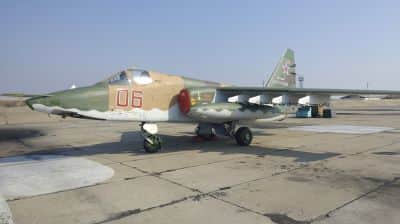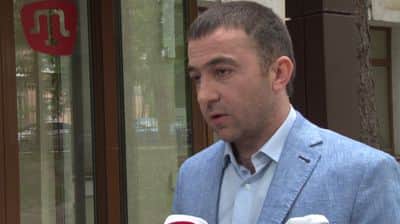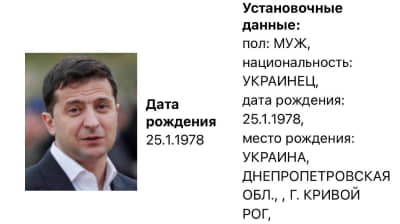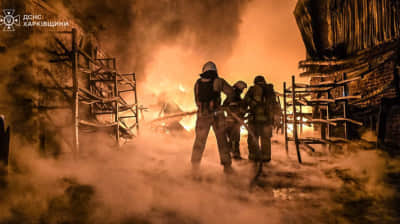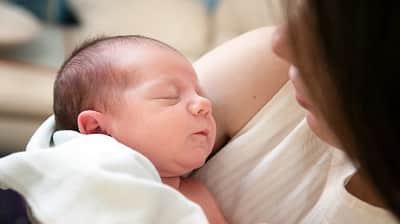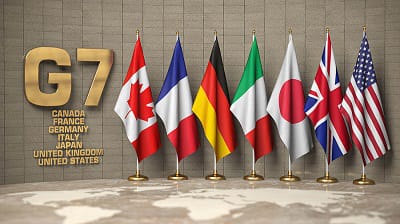Russian authorities develop re-education system for children abducted from Ukraine
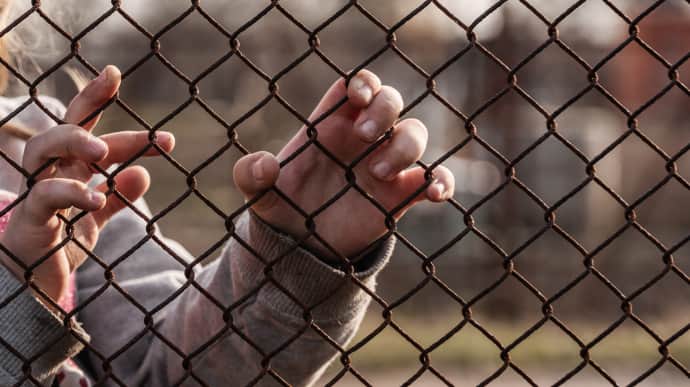
The Russian authorities have developed a "re-education" system for children abducted from Ukraine, attempting to instil in them a "Russian identity", convince them that their parents have died and label them "potential terrorists".
Source: An investigation by Latvia-based Russian media outlet Meduza
Quote: "The exact number of Ukrainian children forcibly taken to Russia during the war is unknown. Ukrainian authorities state that it is nearly 20,000. Russian officials persuade Ukrainians to forget about their homeland and convince them that their parents will never come back to take them home. The authorities are confident they can 're-educate' the abducted children."
Details: Meduza said the Russian Ministry of Education is the main agency responsible for the "indoctrination" [the process of systematic and organised influence on an individual to instil certain ideas, beliefs or views] of abducted Ukrainian children.
In a dictionary developed in 2022 for teachers in Russia, words and phrases deemed to be "signs of nationalist extremism", which could be used by abducted Ukrainian children, were listed. These include phrases like "Glory to Ukraine! Glory to the Heroes!", "Racism", "Orcs", and others.
Additionally, the methodological guide "Prevention of Conflicts, Manifestations of Extremism and Terrorism in a Multicultural Educational Environment" states that the use of "specific slang" or even the mere discussion of "political topics" may be a sign that a given child espouses a "destructive ideology".
The Ministry of Education mentioned that abducted children were supposedly "influenced" by this ideology simply because they lived in Ukraine. However, the driving force behind this "influence" was not specified.
According to documents reviewed by Meduza, Russian teachers are tasked with the "reorientation [of] and establishment of Russian identity" in the younger generation of the Donetsk and Luhansk People's Republics [unrecognised puppet states and terrorist organisations], as well as those from Zaporizhzhia and Kherson oblasts.
Furthermore, those who developed the manual "Support for Adolescents Arriving from Zones of Conflict" caution that abducted children may "protest", be "petulant", show a "distrust of adults", behave aggressively, express "ideas of personal preference" as well as generally "experienc[ing] difficulties in viewing situations from the perspective of a neutral observer".
Russian teachers are also advised to directly state that the parents of abducted children have died, even if this cannot be confirmed. "Do not say 'there is nothing to worry about,' 'don't be afraid, they are in a better place,' 'they are watching you from the clouds'... Speak plainly to the child about the fact that their loved ones have died, or their home has been destroyed... Tell them in no uncertain terms that they have died," the guidelines state.
At the same time, the guidelines of the Ministry of Education of the Russian Federation tell teachers to describe the war, the sole reason Ukrainian children ended up in Russia, as follows: "complications in the geopolitical situation that... compel families... to [submit to] forced migration."
In addition, communication with Ukrainian children is conducted only in the Russian language. "Everyone making decisions openly admits that communication with Ukrainian children should be in Russian – everyone there is fluent in it, and if they are not, they should learn it," a source in the department reveals. "They say that the Constitution states that Russian is the state language: if you come to Russia, speak Russian," the source points out.
Meduza’s sources say there is fear within the Ministry of Education about the children abducted from Ukraine. Among themselves, employees of the Russian ministry, even at the leadership level, sometimes refer to these teenagers as "potential terrorists" who "may resist" the Russian authorities.
Maria Lvova-Belova, Children's Rights Commissioner for the President of the Russian Federation, against whom the International Criminal Court has issued an arrest warrant, insists that Russians cannot adopt a child from the "new regions." "Only guardianship or foster care" (to facilitate the child's return to their relatives)", she assures. However, as noted by Meduza, this is untrue.
The publication notes that within the structure of the Ministry of Education, there is a Federal Youth Center that coordinates ideological work with teenagers outside of schools. The expenses for the business trips of the centre's employees alone amount to millions of rubles, and these funds are used for "integration intensives" for teenagers.
The Center for the Study and Network Monitoring of the Youth Environment is an IT company established at Putin's request, which has received billions of rubles from the state budget. It monitors Ukrainian children online. Its developments presumably allow the "deanonymization" of any child's page and to find out who liked their social media posts – based on this, the child is assigned a "destructiveness coefficient" and an "opposition coefficient."
Support UP or become our patron!


